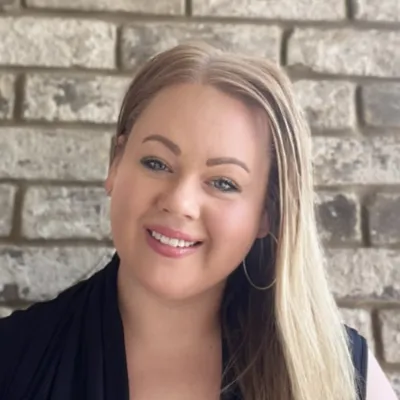As a pediatric sleep consultant, one of the most common things I hear from tired parents is, “They must be teething—that’s why they’re not sleeping!” And while teething can cause some temporary disruptions, it’s often not the main reason your baby is waking frequently, skipping naps, or struggling to settle at night. Let’s break down some common myths around teething and sleep so you can better understand what’s really going on—and how to help.
Sign up to receive more tips for better sleep!
Myth #1: Teething is the main reason my baby isn’t sleeping
Truth: While teething can cause discomfort (hello drool and red cheeks), it typically only leads to mild, short-term disruptions in sleep—not weeks of broken nights or major regressions. If your baby is suddenly waking multiple times a night or fighting naps daily, chances are there’s something else at play—like being overtired, a schedule shift, or a sleep association.
Myth #2: My baby must be teething if they’re chewing on everything
Truth: Babies explore the world with their mouths—chewing is part of normal development! So while gnawing on toys (and everything else) might mean teething, it doesn’t always. Don’t jump to blame teeth for every change in mood, appetite, or sleep.
Myth #3: There’s nothing I can do to help my teething baby sleep better
Truth: Even when teething is causing discomfort, you can absolutely support healthy sleep. Stick to a consistent bedtime routine, offer comfort (a cold teether or gentle back rub), and keep your sleep environment cool, dark, and calm. Staying consistent with your routine signals to your baby that it’s time for rest—even if they’re feeling a little off.
What to Watch For:
If your baby has a mild fever (under 101°F), a runny nose, or crankiness around nap time, it might be teething—but high fevers, diarrhea, or prolonged sleep disturbances? That’s a sign to look elsewhere or talk to your pediatrician.
The truth is, teething is often blamed for a whole lot more than it causes. And while it’s totally valid to want to comfort your baby when they’re fussy, it’s also important to look at the big picture when it comes to sleep. If you’re feeling stuck or unsure, that’s what I’m here for!
Let’s work together to find out what’s really going on and get your family sleeping better—teething or not.

